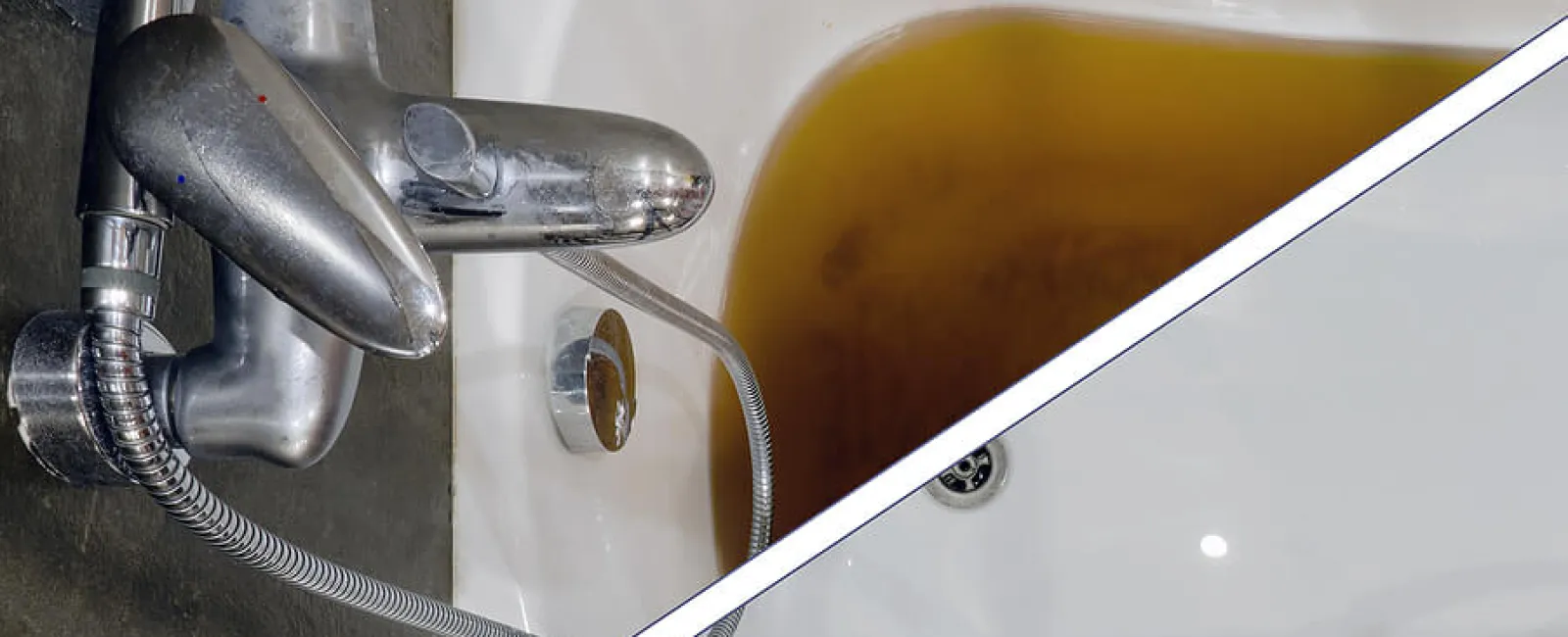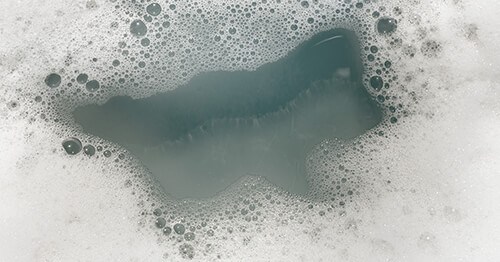Presented here further down you can get some helpful expertise involving What to Do if Sewage Starts Coming Up Through Your Bathtub.

Sewage backup in the bathtub can be a stressful and unhygienic problem for any homeowner. Not only is it inconvenient, yet it additionally positions serious health dangers and suggests underlying problems with the plumbing system. Comprehending why sewage is showing up via the bath tub is important for taking proper activity to address the problem properly.
Intro to the Issue
Common Factors for Sewage Backup
Blockages in the Sewage System Line
Among one of the most common causes of sewage backup is an obstruction in the sewer line. This can occur because of the accumulation of debris, grease, or international items in the pipes, avoiding appropriate flow and creating sewer to support into your bath tub.
Tree Root Intrusion
Tree origins seeking moisture and nutrients can penetrate drain lines via small cracks or joints. With time, these origins can grow and increase, creating considerable damage to the pipes and causing sewage backup problems.
Recognizing the Issue
When sewage starts backing up into the bath tub, it's a clear indication of an issue with the drainage system. The wastewater that should be flowing far from your home is rather discovering its way back right into your home, which can result in considerable damages and health hazards.
Prospective Causes
A number of aspects can contribute to sewage back-up in the bath tub. From clogs in the sewage system line to problems with the plumbing facilities, identifying the origin is crucial for locating a remedy.
Aging Framework
Older homes might have obsoleted plumbing systems that are more at risk to rust, fractures, and deterioration. As pipelines age, they end up being extra vulnerable to leakages and blockages, increasing the probability of sewage back-up events.
Heavy Rainfall or Flooding
During durations of heavy rainfall or flooding, the sewer system may come to be overloaded with excess water, creating back-ups and overflows. This can cause sewage supporting right into bath tubs and other components inside the home.
Indications of Sewage Back-up
Foul Odors
Unpleasant odors emanating from drains pipes or fixtures, specifically in the bathroom, may show sewage backup problems. These odors are typically solid and consistent, signifying a problem that requires instant focus.
Slow Draining Fixtures
Bath tubs, sinks, and commodes that drain gradually or otherwise in any way could be experiencing sewer back-up. If numerous components are affected simultaneously, it's most likely that the problem originates from a common point, such as the main sewer line.
Gurgling Sounds
Weird gurgling or bubbling sounds originating from drains when water is running in other places in your home are a sign of air caught in the plumbing system. This air buildup can arise from sewage backup and must be investigated promptly.
Wellness Threats Related To Sewer Back-up
Contamination of Supply Of Water
Sewer backup can contaminate the supply of water in your house, posing a major health and wellness threat to you and your family. Direct exposure to polluted water can cause intestinal problems, skin infections, and other illnesses.
Mold Development
Wetness from sewer backup can create ideal problems for mold and mildew growth in your house. Mold spores can exacerbate respiratory system issues and trigger allergic reactions in delicate people, making timely cleanup vital.
Spread of Disease
Sewage has dangerous germs, viruses, and bloodsuckers that can trigger a series of illness, consisting of liver disease, cholera, and gastroenteritis. Entering into contact with sewer or infected surfaces puts you in jeopardy of infection.
Cleaning Up After Sewer Backup
Disinfection Procedures
Completely decontaminate and disinfect impacted areas after sewage back-up to get rid of hazardous germs and avoid mold and mildew development. Usage suitable cleansing items and protective gear to make certain risk-free and effective clean-up.
Remediation of Influenced Locations
Repair any damage to floor covering, walls, or fixtures brought on by sewage back-up. Depending on the level of the damage, you may need to replace carpets, drywall, or other materials to restore your home to its pre-loss condition.
Immediate Actions to Take
Turning Off Water
In the event of sewage back-up, it's essential to shut off the water supply to prevent additional contamination and damage. Situate the primary water shutoff valve in your home and shut it off until the problem can be solved.
Calling a Specialist Plumber
Dealing with sewage back-up is not a do it yourself work. Contact a licensed plumber with experience in taking care of sewage-related issues to analyze the circumstance and do essential fixings or cleanings.
Avoiding Contact with Infected Water
Up until the sewer back-up is resolved, stay clear of contact with infected water to prevent the spread of germs and pathogens. Wear safety gear if you must remain in the afflicted area and clean your hands extensively later.
Preventive Measures
Regular Upkeep of Sewage System Lines
Arrange normal assessments and maintenance of your drain lines to determine and attend to potential concerns before they escalate right into significant problems. This can include clearing out debris, inspecting for tree origin breach, and repairing any type of damaged pipelines.
Setting Up Bayou Valves
Take into consideration mounting bayou shutoffs in your plumbing system to prevent sewage from flowing back right into your home during periods of heavy rainfall or flooding. These shutoffs automatically close when water draws back up, safeguarding your building from contamination.
Correct Disposal of Family Waste
Prevent purging anything aside from toilet tissue and human waste down the commode to prevent blockages and clogs in the drain line. Dispose of grease, oil, and various other household chemicals effectively to decrease the risk of plumbing issues.
Why Is Water Backing Up in My Bathtub When I Flush My Toilet?
What to do about a sewer line clog
First, don’t bother with plunging. No amount of plunging will dislodge the clog in a sewer line. The clog is too far away. Plungers are for clogs in the toilet itself, not the sewer line. Plus, the most likely causes of a sewer clog are:
Tree roots Flushed toys or feminine products Grease buildup Those items don’t move easily. And in the case of tree roots, the roots need to be cut out of the pipe and the pipe will need to be repaired.
You’ll need a closet auger. A closet auger is a type of plumber’s snake with a protective cover to keep from scratching the delicate porcelain toilet. If the clog is further down, you may need to remove the toilet or use one of your cleanouts to get to the clog.
We also recommend doing a video inspection of the drain to ensure that the cause of the clog has been completely removed. Otherwise, you could have the same problem again in a few days or weeks.
https://mspplumbingheatingair.com/blog/why-is-water-backing-up-in-my-bathtub-when-i-flush-my-toilet

I have been very occupied with Why sewage is coming up through your bathtub and I really hope you enjoyed our blog entry. Sharing is nice. Helping others is fun. Thanks a bunch for being here. Please visit our blog back soon.
Rates